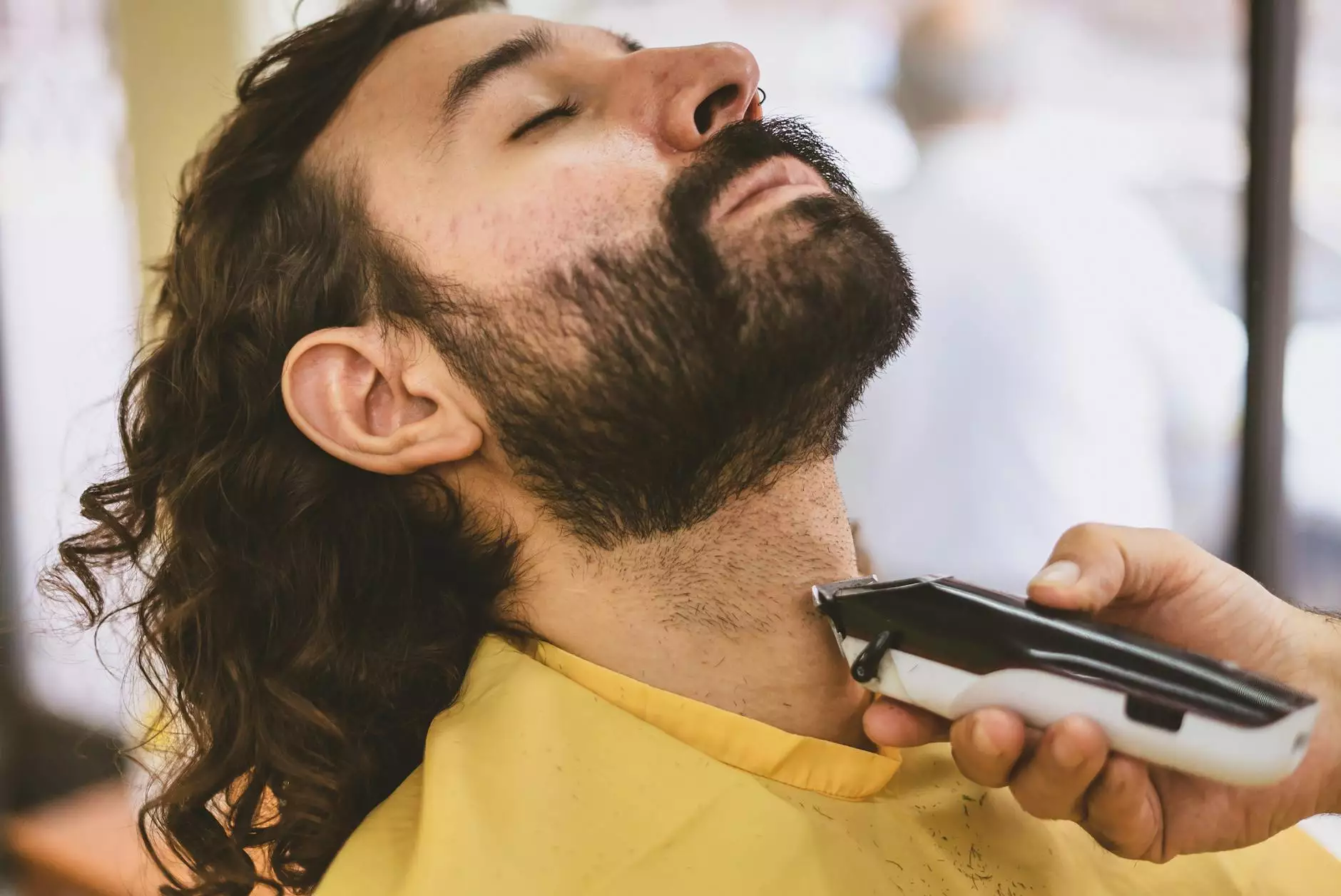The Gastric Sleeve Procedure: A Comprehensive Guide to Transformative Weight Loss

The gastric sleeve procedure, also known as sleeve gastrectomy, has emerged as one of the most effective options for individuals struggling with obesity. This surgical intervention not only facilitates significant weight loss but also improves the overall quality of life for many patients. In this article, we will explore the details of the gastric sleeve procedure, including the process, advantages, potential risks, and essential aftercare. Let’s delve into this transformative journey toward better health.
What is the Gastric Sleeve Procedure?
The gastric sleeve procedure is a minimally invasive weight loss surgery that involves the removal of a substantial portion of the stomach, resulting in a banana-shaped gastric sleeve. This procedure significantly restricts food intake, leading to weight loss. It also alters the hormones responsible for hunger, reducing appetite and promoting satiety. The gastric sleeve not only helps in shedding weight but also helps in managing obesity-related conditions, such as diabetes and hypertension.
How the Gastric Sleeve Procedure Works
During the gastric sleeve procedure, approximately 80% of the stomach is excised, leaving a smaller tubular stomach. The surgery is performed laparoscopically through several small incisions, minimizing recovery time and scarring. Here’s a step-by-step overview of the procedure:
- Anesthesia: Patients are placed under general anesthesia before the procedure begins.
- Laparoscopic Access: Small incisions are made in the abdomen to allow the surgeon to insert a camera and surgical instruments.
- Stomach Division: The surgeon uses a stapling device to remove a portion of the stomach, creating the sleeve.
- Closure: The incisions are then closed, and the patient is moved to recovery.
Benefits of the Gastric Sleeve Procedure
The gastric sleeve procedure offers numerous benefits to candidates considering weight loss surgery. These advantages include:
- Significant Weight Loss: Most patients lose a substantial amount of weight within the first year.
- Improved Health: Many obesity-related health issues, such as type 2 diabetes, high blood pressure, and sleep apnea, may be resolved after surgery.
- Enhancements in Quality of Life: Patients often report improved mobility, self-esteem, and overall quality of life post-surgery.
- Minimal Scarring: The laparoscopic approach results in smaller scars compared to traditional open surgery.
Understanding the Risks Involved
While the gastric sleeve procedure is deemed safe for many, it is still a surgical procedure with associated risks. It’s crucial for potential candidates to be informed of the following complications:
- Postoperative Complications: These can include infection, bleeding, or leaks at the staple line.
- Nutritional Deficiencies: Due to reduced stomach size, patients may experience deficiencies in vitamins and minerals.
- Gastroesophageal Reflux Disease (GERD): Some patients may experience increased acid reflux post-surgery.
- Weight Regain: Without lifelong commitment to dietary and lifestyle changes, weight regain is possible.
Who is a Suitable Candidate for the Gastric Sleeve Procedure?
Candidates for the gastric sleeve procedure typically include individuals who:
- Are classified as morbidly obese, with a body mass index (BMI) of 40 or above.
- Have a BMI of 35 or greater with obesity-related health conditions such as type 2 diabetes.
- Have previously attempted non-surgical weight loss methods without long-term success.
- Are committed to making significant lifestyle changes post-surgery, including diet and exercise.
Preparing for the Gastric Sleeve Procedure
Preparation for the gastric sleeve procedure involves several steps to ensure patient readiness and safety. Here are the essential elements of preparation:
Medical Evaluation
Before surgery, candidates undergo a comprehensive medical evaluation, including:
- Physical Examination: Assessment of overall health.
- Blood Tests: Checking for underlying conditions.
- Consultations: Discussions with specialist surgeons, nutritionists, and psychologists.
Nutritional Counseling
Nutritional counseling is vital to understand the dietary changes post-surgery. Patients may be advised to follow a pre-operative diet aimed at reducing liver size and preparing for surgical changes.
The Recovery Process
Postoperative recovery is a critical phase following the gastric sleeve procedure. Understanding the recovery process can help patients prepare for a smoother transition:
Initial Recovery Phase
After surgery, patients can expect the following:
- Hospital Stay: Most patients stay in the hospital for 1 to 2 days post-surgery.
- Pain Management: Medications are provided to manage pain and discomfort.
- Dietary Changes: Patients will begin on a liquid diet and progressively transition to soft foods.
Long-Term Care and Adjustments
Long-term care involves regular follow-ups with healthcare providers and adhering to a new lifestyle. Key aspects include:
- Regular Check-ups: Monitoring weight loss and nutritional health.
- Support Groups: Participation in support groups can provide motivation.
- Staying Active: Incorporating exercise is essential for maintaining weight loss.
Success Stories: Transformations After Gastric Sleeve Surgery
The success of the gastric sleeve procedure can be witnessed in countless patient testimonials. Many individuals share their incredible journeys of transformation:
"After my surgery, I lost over 100 pounds in just one year. My energy levels are incredible, and I can finally enjoy activities with my kids!" - Sarah, 34
"I struggled with my weight for years. The gastric sleeve changed my life, allowing me to reclaim my health." - Mike, 45
Conclusion: Embracing a New Chapter with the Gastric Sleeve Procedure
The gastric sleeve procedure is a powerful tool for those battling obesity and its related health issues. By understanding the procedure, its benefits, and the importance of postoperative care, potential candidates can take the first step towards a healthier and happier life. Remember, this journey requires commitment, support, and a willingness to embrace change. If you’re considering the gastric sleeve procedure, consult with healthcare professionals to explore if this transformative surgery is the right choice for you.
For more information and to see how we can help you, visit Clinic Health Beauty.









